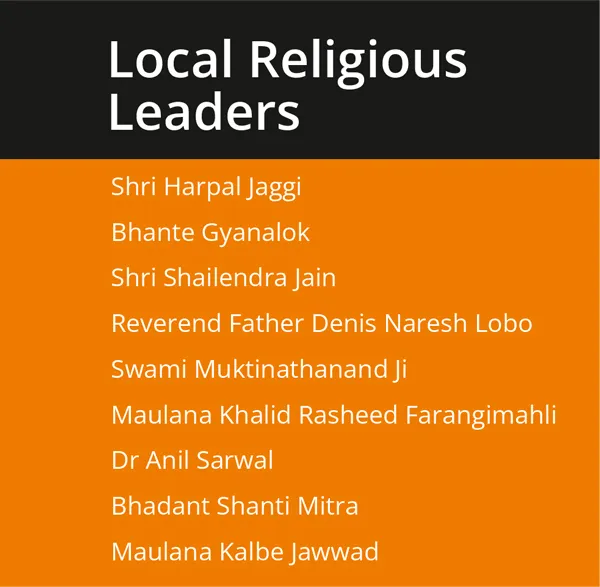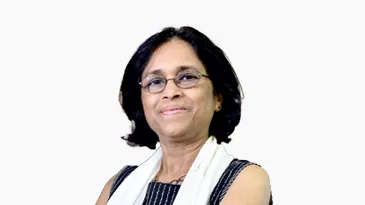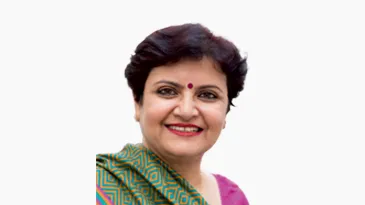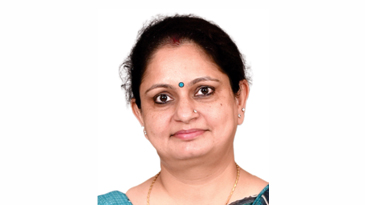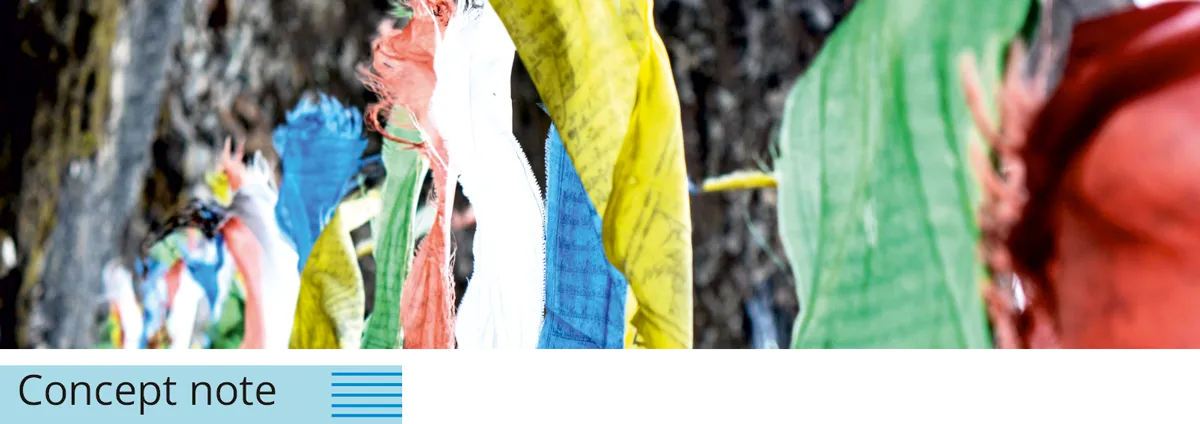
As the conditions for achieving world peace seem to multiply, humanity finds itself paralyzed and the prospects for realizing it continue to feel utopian. Globalization, the evolving technological landscape, the explosion and democratization of information, etc., have created the right breeding ground for the harmonious existence of all the peoples of the world. Yet, these ingredients have also worsened certain forces that are making the propensity for conflict more common.
The processes of globalization have propelled a rapid reordering of the social, economic and cultural structures that as a consequence have disrupted the value systems that gave meaning and purpose to people’s lives. This sense of dislocation combined with the hopelessness derived from the growing social injustices and widening economic disparities have created movements of identity politics that have extended all over the world.
Identity politics movements have been gaining popularity due to the fact that they promise a return to traditional forms of collective identities based on religion, race, nationality or caste. In a rapidly changing world, they provide the illusion of stability. They are endowed with a sense of power based on the identification with a collective and their glorious past. They also instill a sense of moral superiority in opposition to an imagined “other” which is usually portrayed as unclean and morally inferior. All these messages are continuously reinforced through relentless propaganda campaigns–especially on social media–that are built to ensure the strengthening of prejudice.
The overcoming of prejudice against this imagined “other” has become the main challenge humanity is facing. Therefore, for this year’s International Interfaith Conference we wish to collectively explore the role of interfaith relations in overcoming prejudice in a multi-religious society such as ours.
As we seek to strengthen social cohesion and bring down the imaginary barriers that separate communities, we want to engage in conversation with academics, religious leaders, media, government officials and non-governmental organizations to explore four aspects of interfaith relations: religion and peace; the role of religious institutions in promoting social and economic development; the importance of interfaith dialogue; and the empowerment of youth to be agents who promote religious harmony.
We look forward to creating a diverse space of dialogue and being part of these conversations as they continue to evolve and become more nuanced on how the power of interfaith relations can be brought to bear on the various challenges facing Indian society.

